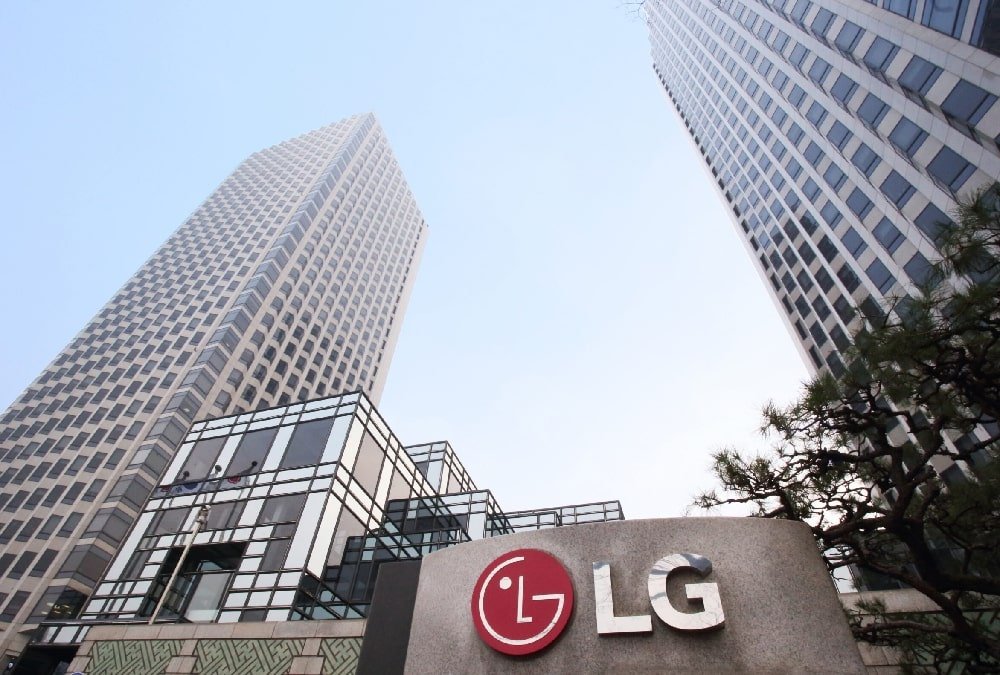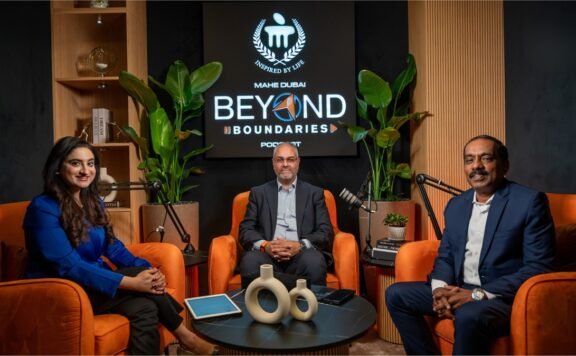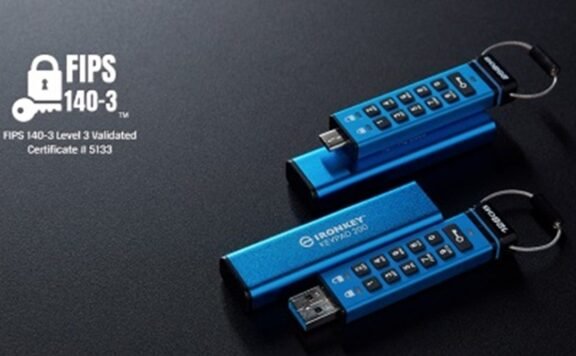LG Electronics Inc has announced its first-quarter 2023 revenues of KRW 20.4 trillion (USD 16 billion), the second-highest first-quarter revenue, with an operating profit of KRW 1.5 trillion (USD 1.18 billion), the third-highest first-quarter profitability in company history. The record sales reflect the company’s actions to fundamentally improve its business structure and operational efficiency, while profitability was impacted by challenging global economic conditions.
Most notably, the company’s business structure improved with its continuously expanding B2B segment and non-hardware business areas, such as content and services, which are achieving significant growth.
The LG Home Appliance & Air Solution Company generated first-quarter revenues of KRW 8.02 trillion (USD 6.3 billion) with an operating profit of KRW 1.02 trillion (USD 800.46 million). The business unit recorded its highest first-quarter revenues, with operating profit exceeding KRW 1 trillion (USD 784.8 million) sales for the first time. Continuous growth was driven largely by the rapid expansion of the B2B segment, fueled by sales of energy efficient heat pump-enabled products as well as energy storage systems. LG’s industry-leading heating, ventilation and air conditioning (HVAC) solutions for homes and businesses deliver strong performance and energy efficiency that reflect current European market trends based on tighter environmental regulations. The company will focus on maintaining competitiveness of its premium appliances as well as strengthening its mass-tier appliance lineup in response to polarization of market demand, along with managing cost structure to enhance profitability. The appliance business expects to see continued growth by focusing on the expanding B2B segment and accelerating the service segment including the rental and care service business, which has reached an average annual growth rate of 30 percent in South Korea over the past 5 years.
The LG Home Entertainment Company recorded first-quarter sales of KRW 3.36 trillion (USD 2.64 billion) with an operating profit of KRW 200.3 billion (USD 157 million). Profitability improved thanks to effective management of operational costs through enhanced demand forecasting. Despite lower global TV demand caused primarily by challenging economic conditions in Europe, the company saw increased sales of the growth of content and services businesses based on LG’s webOS smart TV platform, while strengthening operation competitiveness. Premium 2023 product launches, led by innovative products such as LG OLED evo TV models, are expected to maintain the company’s competitive edge. At the same time, the global launch of “Lifestyle Screens,” delivering differentiated designs and features, is expected to boost sales and drive the premium TV market. The LG OLED Objet Collection Posé TV will be launched in over 40 countries this year.
The LG Vehicle component Solutions Company achieved first-quarter sales of KRW 2.39 trillion (USD 1.87 billion) with an operating profit of KRW 54 billion (USD 42.37 million). The business unit recorded its highest first-quarter revenues ever. Continuing the profitability momentum from last year’s fourth quarter, continuous efforts to strengthen the global supply chain led to further increased profitability in the first quarter as the value of accumulated orders for auto parts reached KRW 80 trillion (USD 62.78 billion). Despite the cloud of uncertainty affecting the overall global automotive industry, demand for electric vehicles is forecasted to expand. The company will sustain its competitive edge based on a stable portfolio made up of in-vehicle infotainment systems, e-Powertrain, headlamps and distinctive solutions.
The LG Business Solutions Company saw improved first-quarter revenues of KRW 1.48 trillion (USD 1.16 billion) with an operating profit of KRW 65.7 billion (USD 51.56 million). Stable growth is driven by proactively responding to academic season demand with competitive products including the new Ultraslim LG gram laptop computers, while product competitiveness and operational efficiencies also improved. The company plans to focus on expanding its information display business by developing customized solutions and discovering potential customer demand. The company also plans to accelerate the development of new business segments, especially in South Korea, as robots (LG Future Park in Gumi) and electric vehicle chargers (LG Digital Park in Pyeongtaek) are being fully integrated in LG’s production systems.






